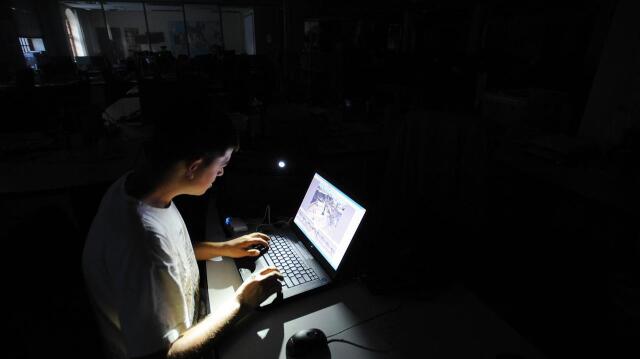As Eskom increased load shedding to Stage 6 on Wednesday, energy expert Ted Blom has warned South Africans that with “no diesel cushion to break the free-fall”, Stage 8 is a very real possibility.
ENERGY expert Ted Blom believes South Africans should brace for higher stages of load shedding.
“Stage 8 is very possible, given (the) Koeberg (situation) will lead to Stage 7 automatically unless a miracle happens. There is no diesel cushion to break the free-fall. Only God can save us,” Blom said.
In an alert just before 11am on Wednesday, Eskom spokesperson Sikhonathi Mantshantsha said that Stage 6 load shedding will be implemented until further notice.
“This is due to a high number of breakdowns since midnight, as well as the requirement to strictly preserve the remaining emergency generation reserves. Eskom will publish a full statement in due course,” Mantshantsha said.
Less than six hours earlier, Eskom had pushed load shedding to Stage 4 owing to further breakdowns and delayed returns of generating units to service.
Meanwhile, Unit 1 of the Koeberg Nuclear Power Station will be shut down for maintenance on Thursday.
Eskom said the refuelling and maintenance outage starting this week, as well as the long-term operation project of Unit 1 of the Koeberg Nuclear Power Station, together with the October chimney failure that has forced three generation units off-line at Kusile Power Station, will further reduce available generation capacity and significantly increase the occurrence of load shedding during the next six to 12 months.
The load shedding monitoring app, EskomSePush and PowerAlert.co.za has calculated that South Africa has experienced over 3,214 hours or 143 days of load shedding in 2022 alone.
This is the highest level of load shedding the country has ever endured.
Stats SA reported that 2022 saw the quality and standard of living of most households decrease, with households dealing with price hikes that did not match salary increases, higher interest rates, continuous load shedding, increasing crime and weak employment prospects.








